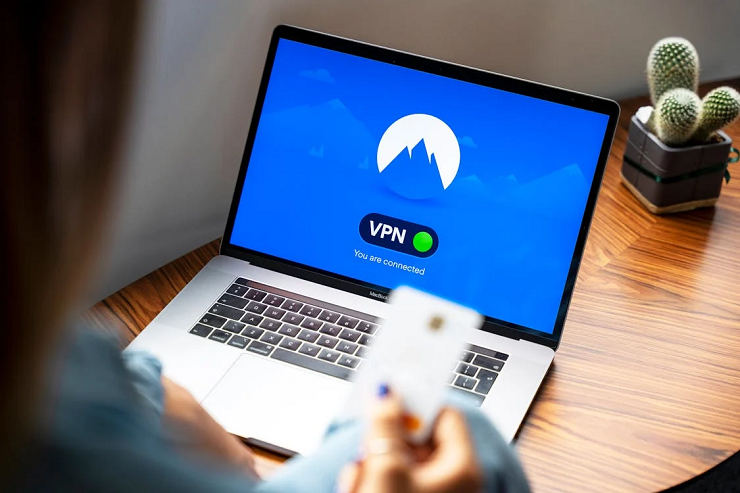

Browsing the web can be tricky at times, as it seems there are traps everywhere. With this list I’d like to show you seven tips which can help you avoid getting any viruses online.
To protect your device, you should install a professional antivirus software. Good antivirus programs update very frequently in order to protect against a wide range of threats and can help you avoid viruses on your devices.
By installing an antivirus software, you can safely surf the web, download and shop online without constant fear of malware.
If you receive an email from someone and you don’t know where it’s coming from you should just ignore it. Report it as spam immediately and no matter do not click any links or download anything if you are not sure what it is.
There are countless scammers out there who will promise you money, but I can assure you that these are empty promises.
When you are using social media, make sure that you know what your privacy settings are. You don’t want to be sharing everything with everyone.
For example, on Facebook, I personally choose the setting where only my friends can see what I post – not even friends of my friends can see.
Always make sure the setting is not set for ‘Everyone’ to see. This is one example of how you can become a victim of Phishing.
Related: 6 Reason Why Malware Bytes Is The Best Protection For Your Mac And PC
Make sure that you have a software or hardware firewall installed. Microsoft include a personal software firewall already in their operating system, so just make sure that whatever device you are using has a Firewall.
Always ensure that whatever device you have is using the latest operating system, so that you receive all of the latest security patches and bug fixes. This will help a great deal in protecting you from security threats, and this is the case for whatever internet browser you use as well.
Passwords are extremely important. Don’t use the same password for everything, and make sure to include a variety of different things – capital letters, numbers, symbols, and so on. This simple trick can help you avoid viruses more effectively than you’d think.
Never ever use something simple for a password, such as your name and surname, birthday, etc.
Some people prefer to use password managers, which store all of their passwords in one place and it usually generates difficult passwords for you to use.
Nowadays services themselves (Google, Facebook, etc.) recommend to their users to enable two-step verification. This adds a second layer of protection, also known as two-factor authentication, and can be one of the best ways to avoid viruses.
This means that aside from the usual password and username to log in, another sort of code will be required. This is usually done by sending a code to your mobile phone, or an alternate email address.
This is useful just in case someone gets access to what your password is, they still shouldn’t be able to get in to whatever account they are trying to.

I’m a Nerd and very proud of it! I love to write about anything Tech related. Subscribe to our blog for helpful tips, tricks & news.




